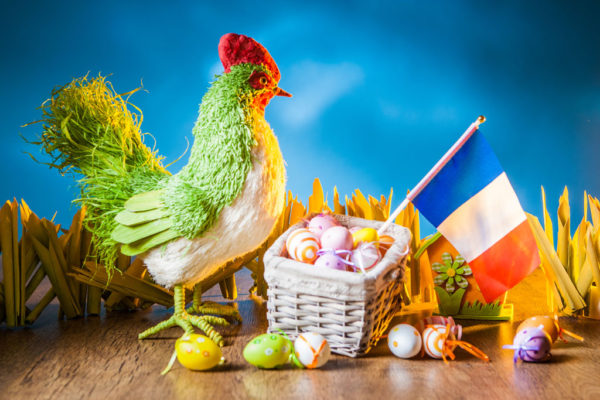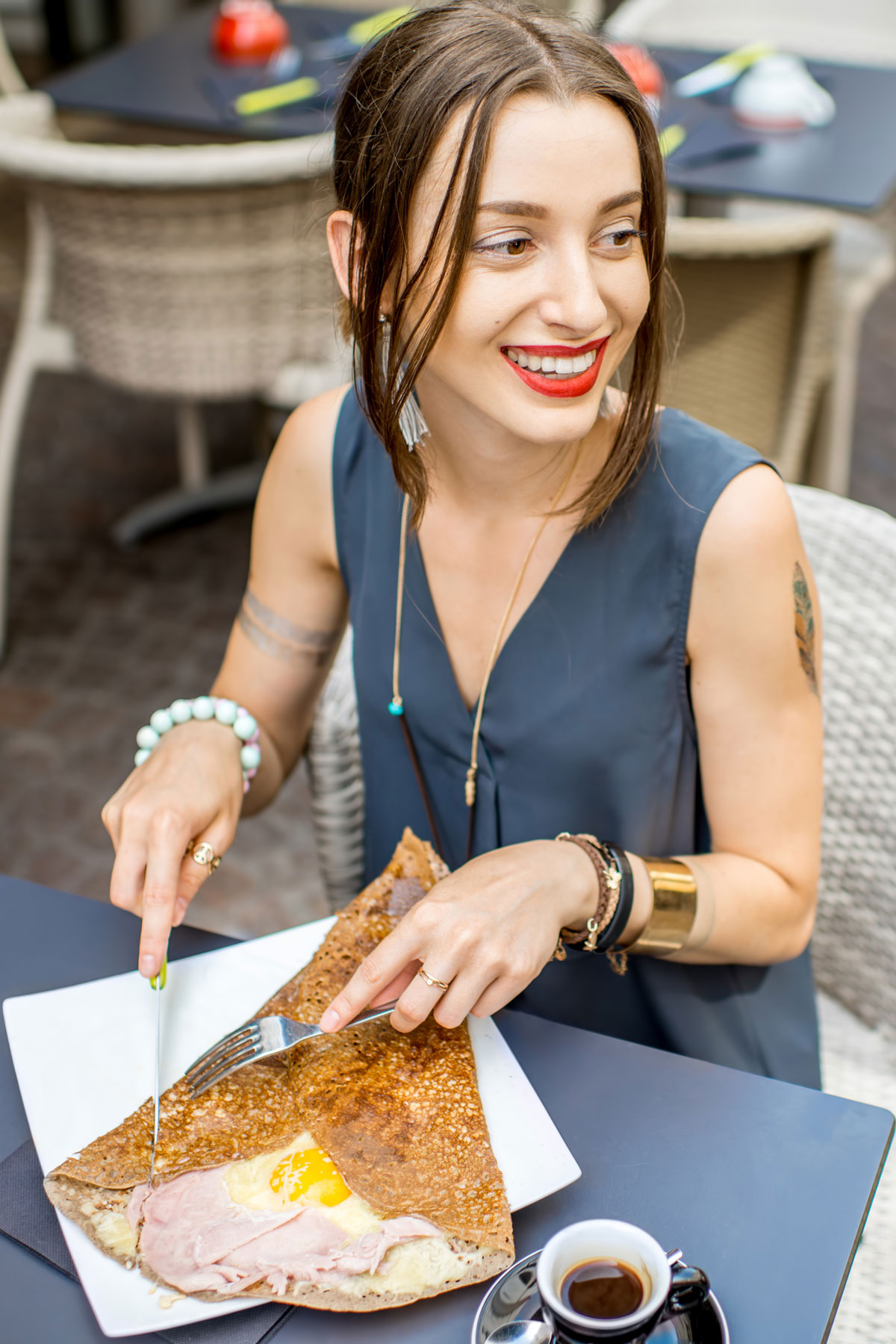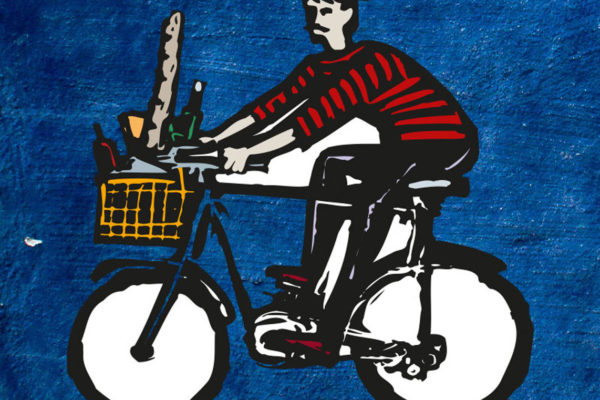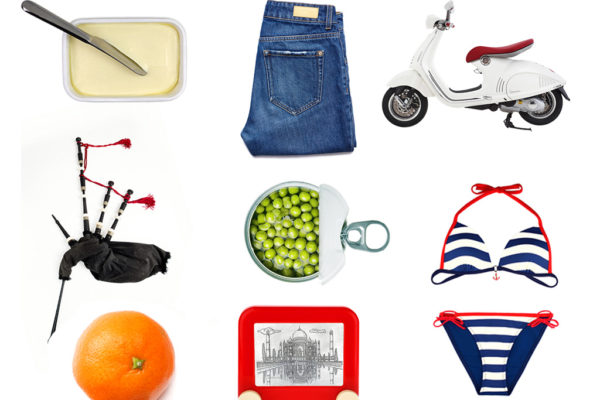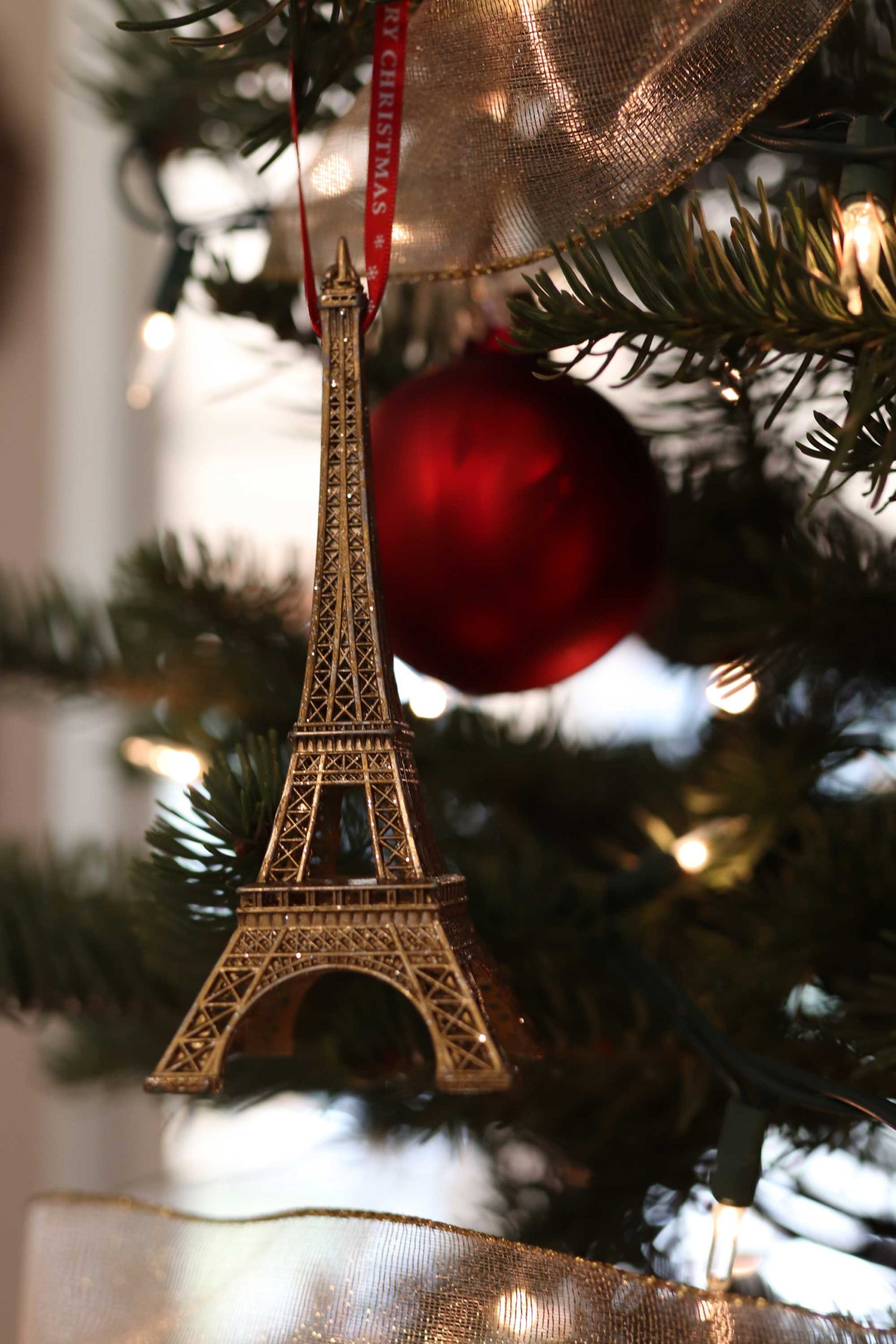
No-ël: British Christmas traditions that are unacceptable in France
From mince pies to the Queen’s speech, some of our favourite ways of celebrating Jesus’ birthday in Britain would be a no-go at Noël. But how are French Christmasses different, and who does it better?
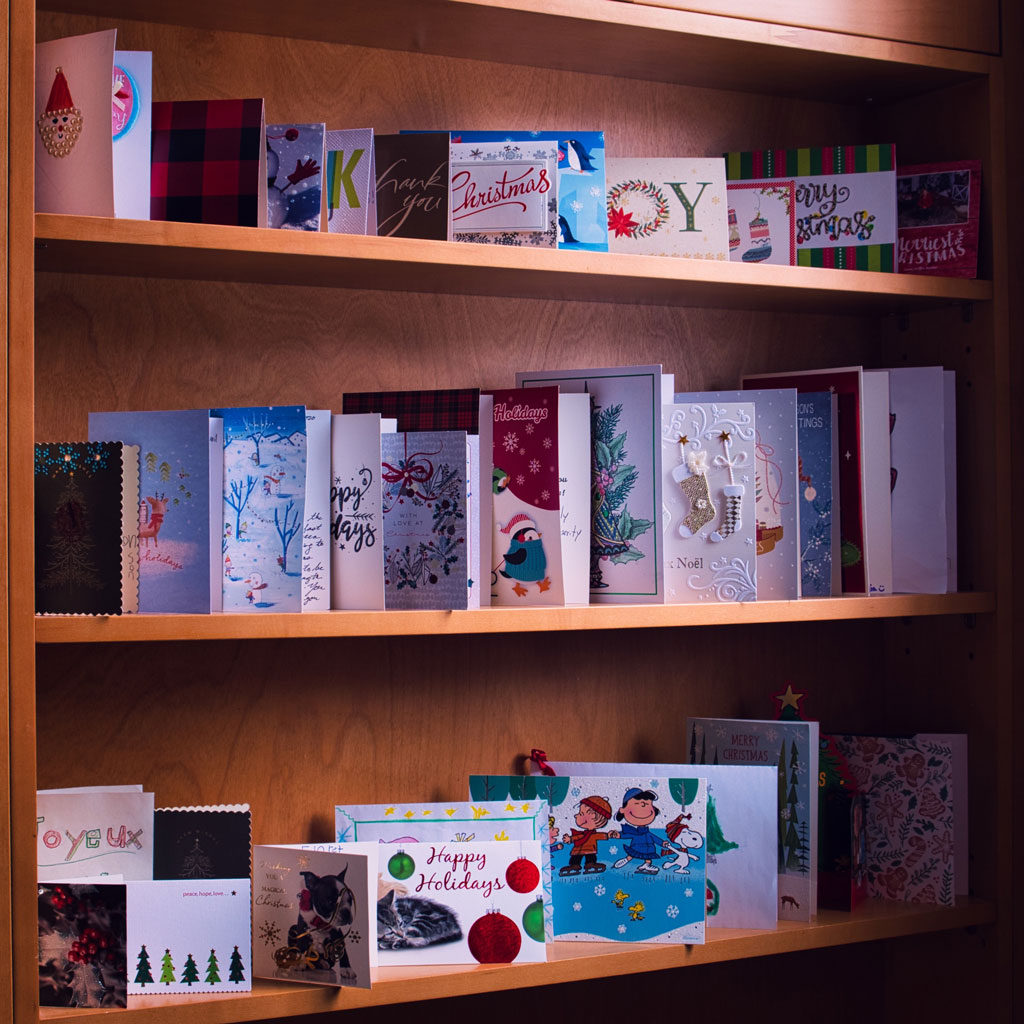
Sending Christmas cards
Is there a more British product than the Christmas card? It’s a way of showing affection from a distance once a year, the giving and receiving of which has huge potential for offence and social awkwardness. Add to that, the displays of grandeur or gaudiness via the card’s design, and you have a tinderbox of subtle social snobbery at which the British excel. It’s both delicious and baffling that the French don’t indulge in this one-upmanship by post.
The French do send meilleurs vœux (best wishes) cards at New Year but in far fewer numbers. The cards themselves, it pains me to say, are poor quality in terms of design and contruction, with many so flimsy that they would be knocked over by a robin redbreast’s fart.
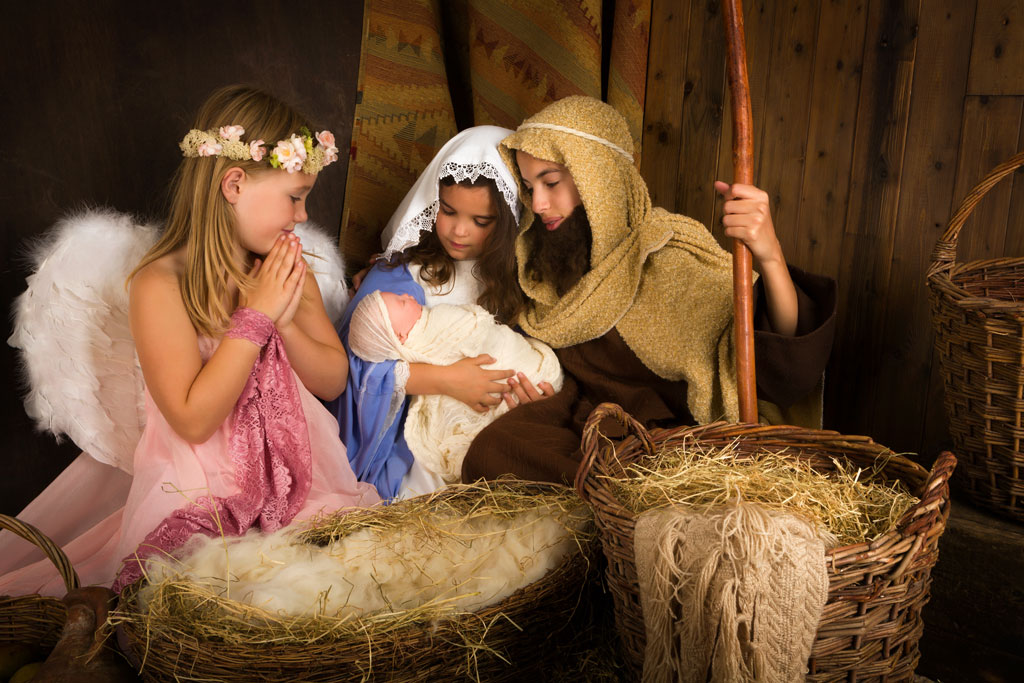
Putting on school nativity plays
While separating religion from the state may seem – on the face of it – like a good idea, it does mean that primary-aged children are denied the opportunity to pretend to be Biblical figures or farm animals on stage during the school Christmas nativity play. And, more importantly, French parents can’t get furious about how their child was cast as a sheep while that snotty idiot who can barely read is somehow cast as Joseph, just because his Mum is in a bookclub with the teacher, FFS. All this missed opportunity for resentment at Christmas! The French revolution has a lot to answer for.

Christmas caroling
Before karaoke, there was caroling. Where groups of non-professional singers enchant the neighbourhood by bellowing Christmas carols at night, then expect to be given mince pies and sherry as a reward. But no-one is ding-dong-merrily-on-highing in France. If you’re lucky you may hear a brass band pumping out Chrimbo classics in a town square, but don’t expect squawking children as an accompaniment. It’s a shame, as nothing invokes the seasonal image of a Cockney orphan exclaiming, “Why Mr Scrooge, it’s Christmas day!” quite like a chorus of God Rest Ye Merry Gentlemen sung in a supermarket car park.

Hanging up Christmas stockings
Is it weird that both Britain and France use feet coverings to designate who gets what gift? On the island, we go for huge stockings, hung on the mantlepiece, ready to be stuffed full of nothing you have ever wanted or needed. Over here in continental Europe, the French lay their slippers under the Christmas tree at night. In the morning, they totter down the stairs – icy-toed – to find a pile of presents on top of which Père Noël has lain their slippers. A smart system and one that eliminates the necessity for gift tags, true, but one that necessitates fluffy, fragrant footwear – not my slippers: thin, shiny and as powerfully scented as a musk ox.
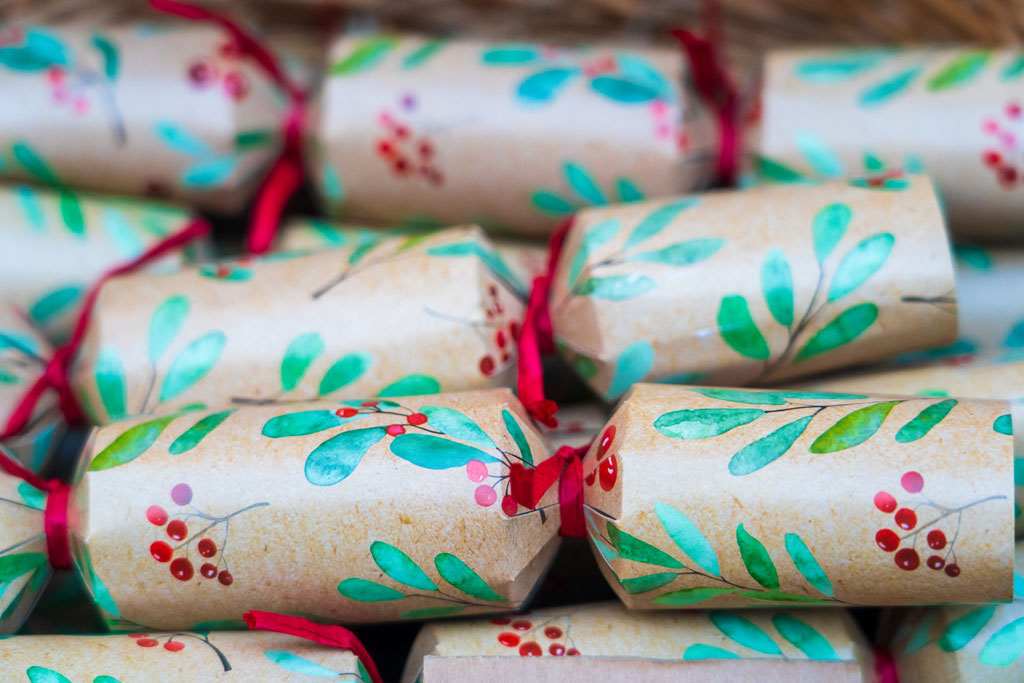
Pulling Christmas crackers
For anyone not in the know, a Christmas cracker is a cardboard tube, wrapped in festive paper and secured with ribbons, containing a small gift, a paper crown and a seasonal joke. Crackers are placed on each person’s dinner plate and are pulled with the person sitting next to you, in a sort of mini tug-of-war. As the cracker breaks, it makes a loud banging noise and a faint scent of explosive powder momentarily masks the smell of burning turkey. The cracker’s contents spill out, each item precision engineered to induce the perfect amount of disappointment. Take this joke, for example:
– What do snowmen eat for lunch?
– Iceburgers.
THIS is what the French are missing out on by not having crackers at their Christmas dinner. It seems madness to this British person that, given the opportunity to have minor explosive devices on your dinner table, you would refuse it.
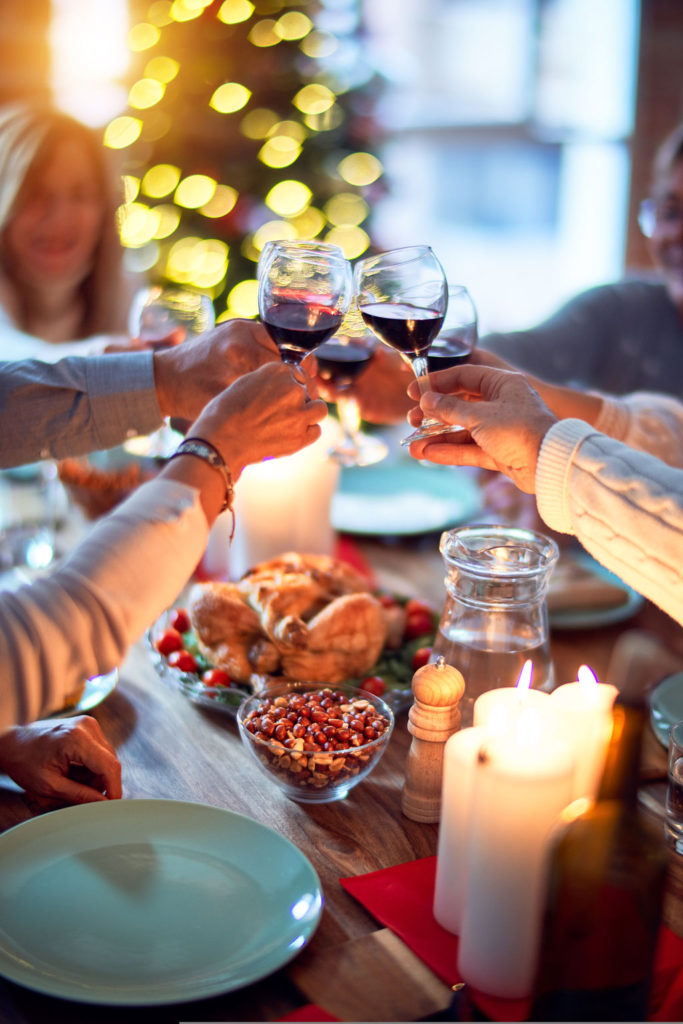
Eating Christmas lunch/dinner on the 25th
This is a biggy, one that strikes at the very heart of Christmas. In Britain, we eat our turkey with all the timmings on the 25th. It can be for lunch or for dinner but it’s definitely on Christmas Day itself. For the longest time, my family would eat Christmas lunch with my maternal grandparents before heading to my other grandmother’s for a second Christmas meal in the evening. It was excessive consumption to a degree that would appal even the Romans, and it wouldn’t be unusual for a smaller version of me to vomit in the car on the way home. And why did we do this? Because it was the 25th of December, and that’s when you eat your Christmas meal.
It is therefore mindbending for a British person to learn that the repas du réveillon happens on the evening of the 24th. One huge advantage of eating Christmas dinner on Christmas Eve is that you can sleep it off afterwards in bed, instead of on the sofa next to Grandma. I’ve already written about the differences between French and British Christmas dinners so I won’t rehash them here, suffice to say that Brussel sprouts find no favour in France (yay) but neither do bacon-wrapped sausages (nay).
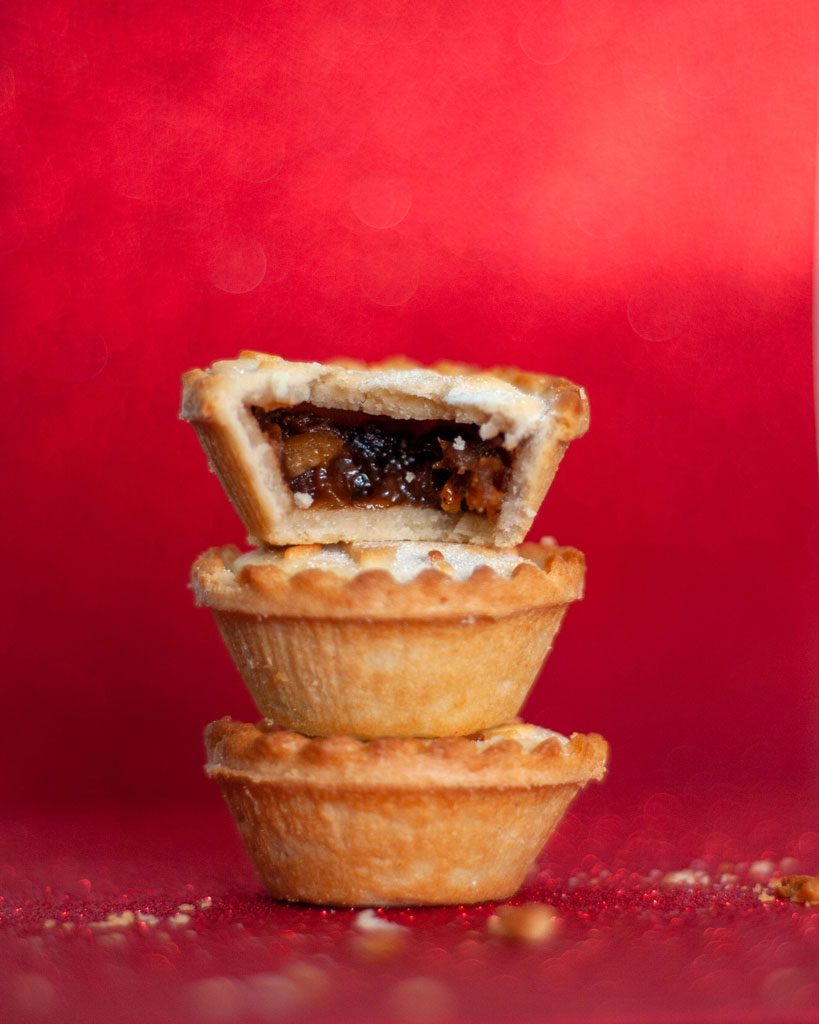
Being obsessed with dried fruit cakes
We honestly can’t shove enough dried fruit into our faces at Christmas in the UK. Mince pies, Christmas cakes, Christmas pudding – all are chock-a-block with dried fruit infused with sugar, spice and alcohol. Even popular imported cakes like panettone and stollen contain dried or crystallised fruit. Not so in France, where raisins rarely feature in recipes at any time during the year, let alone at Christmas. Perhaps they use all their grapes making wine?
That said, the traditional French Christmas dessert, la bûche de Noël or Yule log, is a glorious concoction of chocolate, cream and sponge, one I would personally choose over a Christmas pudding, which – dense as it is – can be akin to being hit in the stomach by a canonball.
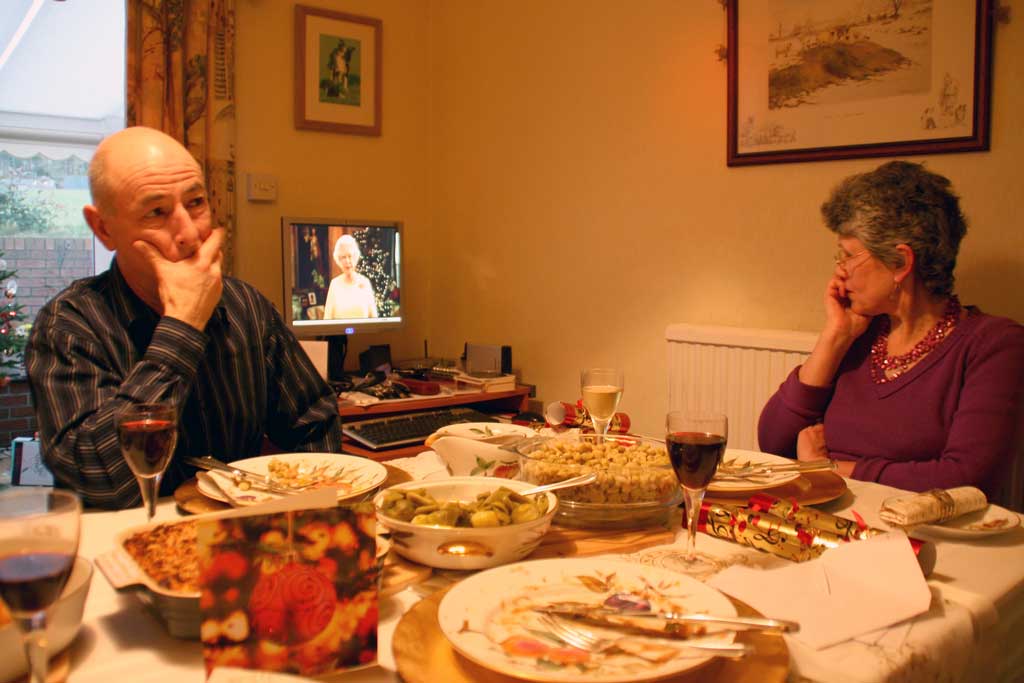
Watching the Queen’s Speech
Wait, the French don’t broadcast the queen at 3 pm on Christmas Day? How perplexing. Okay, so it’s not surprising that Liz doesn’t beam onto French television screens, interrupting your late lunch with her royal waffling, but there’s no presidential equivalent either. No Macron in your living room, wearing a woolly jumper and spouting his opinions, like the uncle you feel obliged to invite to Christmas lunch every year. But in case you’re thinking that the French had a trick up their sleeves getting rid of royalty, they haven’t escaped leaders crashing festive gatherings. It’s traditional for the French president to address the nation on NEW YEAR’S EVE, the drunkest night of the year. In terms of fun-spoiling, it’s like inviting your boss on your stag or hen do. Back off, leaders. Let’s talk in, say, May.

Having a Boxing Day
Is the concept of Boxing Day a uniquely British affair? It originated as a day to pack up charity donations into boxes but has long since turned into a grotesque orgy of consumerism, heralding by the beginning of the “January” sales on 26 December. The shift in tone from pre-to-post Christmas is best seen on TV where aspirational perfume adverts are replaced by those promising MASSIVE SAVINGS ON SOFAS.
France, in contrast, enjoys a shopping lull after Christmas with its winter sales starting in around the third week of January. And those perfume ads? They’re on year round. You can enjoy watching them while sitting on your expensive sofa.
Main photo (Christmas tree with Eiffel Tower ornament) by Trey Schatzmann on Unsplash

